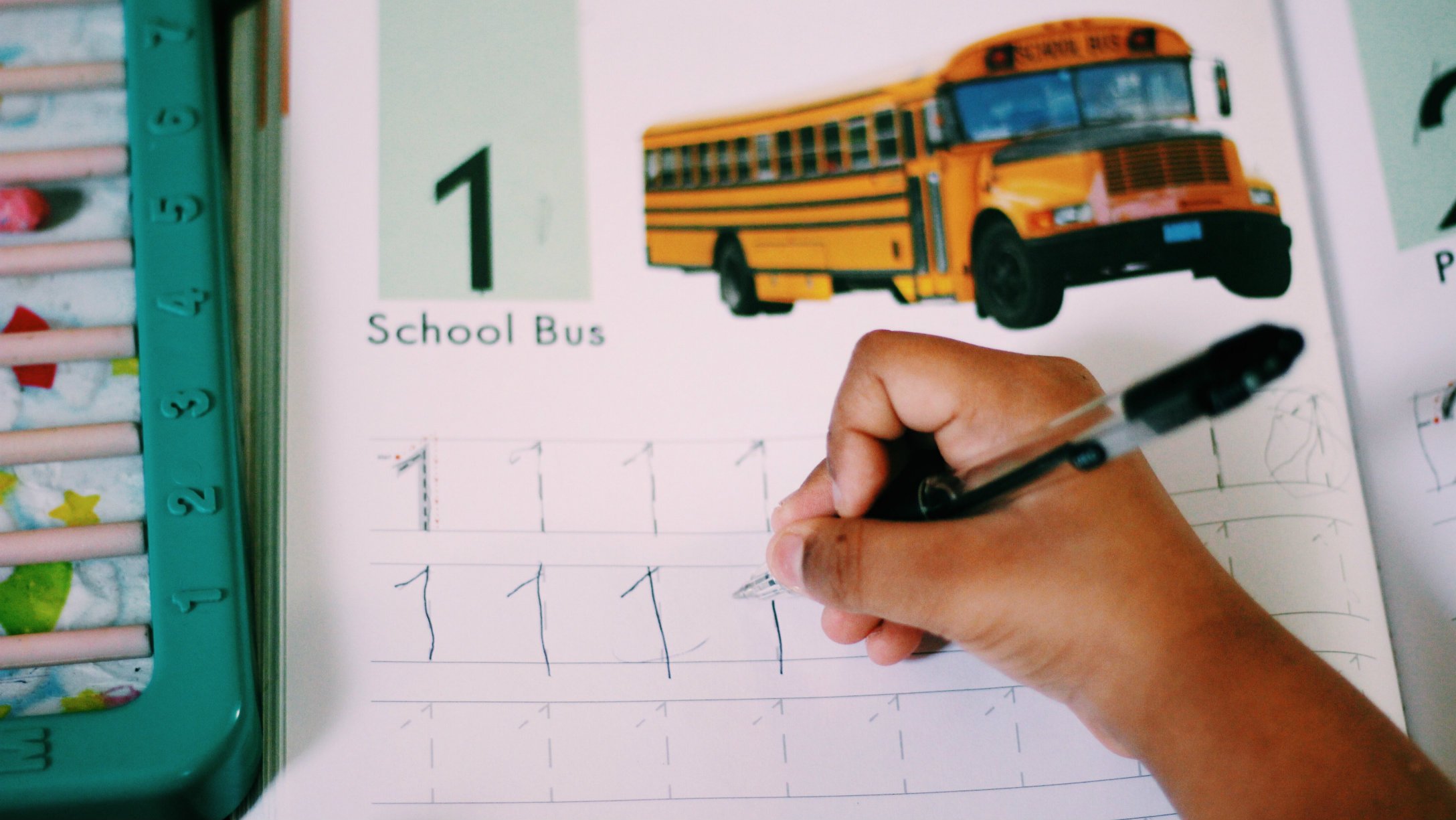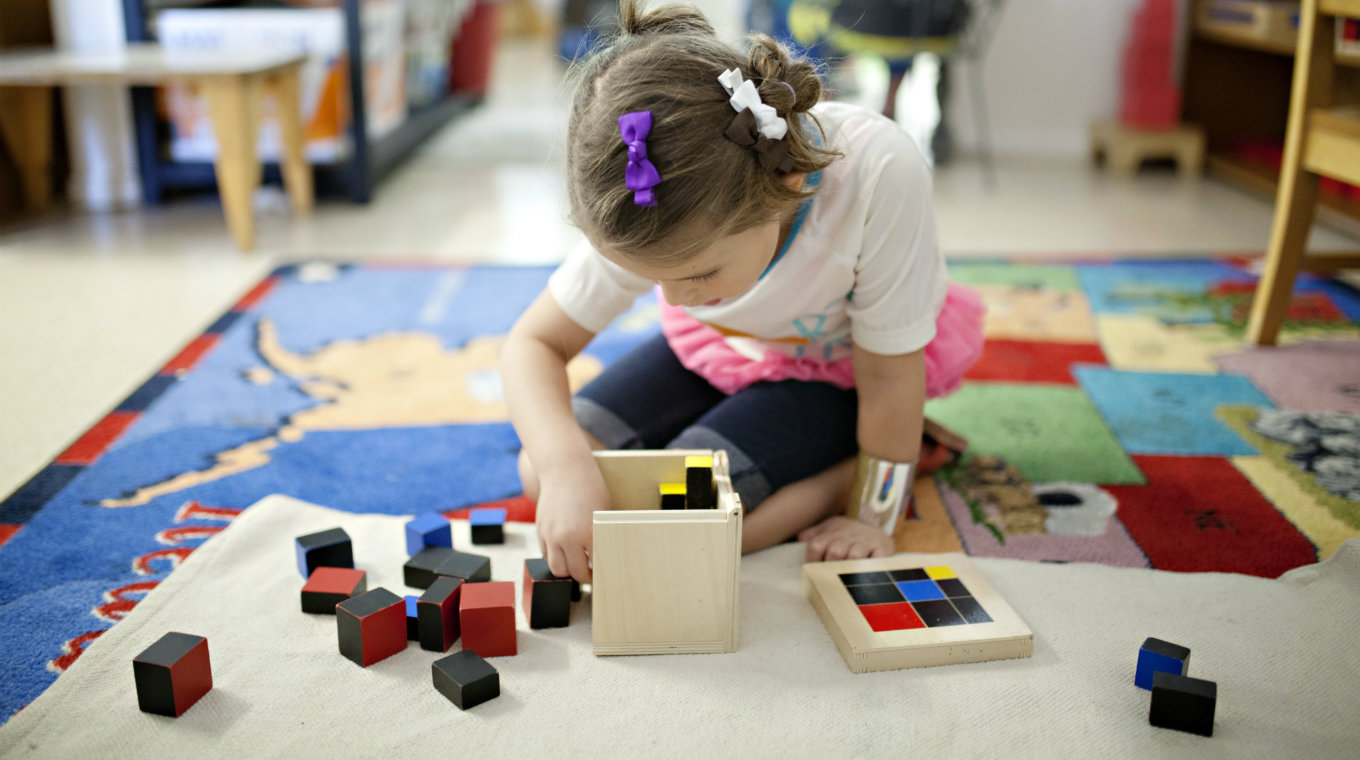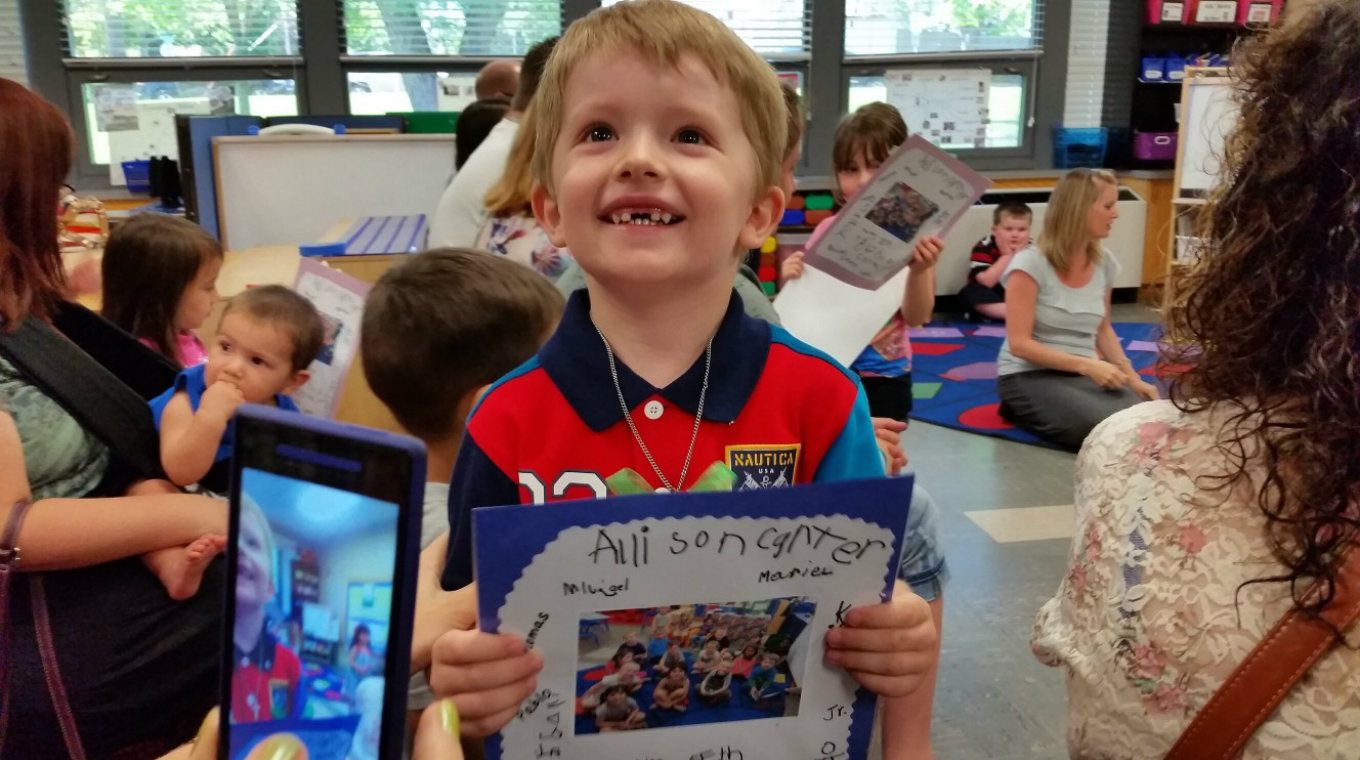
IN THIS ARTICLE
There are few things more adorable than seeing a toddler rocking a little backpack and grinning in photos on their first day of preschool. For some parents, preschool is not only the solution to finding childcare during the work day, it’s also a way to make sure their child is ready to succeed in kindergarten. But, for other parents, finding the right school can be intimidating. Some parents are opting out of preschool altogether, in favor of letting their toddlers have more unstructured time before real school starts. Given that preschool can be expensive, you might find yourself wondering if toddlers really need preschool.
What research says about preschool

Twenty20
There has been a wealth of research studying the impact of attending preschool, and the consensus is that kids who attend preschool appear to be better prepared when they start kindergarten. There is also some evidence that attending preschool can have long-term benefits, as one study found that toddlers who go to preschool learn how to socialize better with peers and to solve problems — two skills that can pay off later in life in terms of career success and socio-economic status.
Who benefits most from preschool?
While all toddlers may benefit from attending a quality preschool, the benefits of preschool are especially important for some groups of children. Children from lower-income families, children who are learning English as a second language, and children whose parents did not attend college are among those that get the most benefits from attending preschool.
Disadvantages to skipping preschool

Twenty20
Children who don’t attend preschool are missing out on the chance to grow their socialization skills and to learn to have fun in a structured environment. According to Christina Furnival, a licensed professional clinical counselor, “If a toddler or child does not attend preschool, it could mean they are behind their peers when they begin kindergarten, although I would expect them to catch up in a relatively short space of time. My concern about a child starting from behind would be that they might experience self-consciousness and embarrassment when they are the child not able to do what is expected (i.e., stand still in line while waiting their turn) because they just haven’t had the practice. If at all financially feasible, I would recommend at least one year of preschool for children before beginning mainstream education.”
Other advantages of preschool
Beyond the developing kindergarten readiness, another benefit is that preschool teachers are often great resources for identifying if kids are meeting developmental milestones. Merriam Saunders, a licensed family therapist with a specialty in ADHD, autism, and learning disabilities, explains that “another benefit to attending a preschool with a solid understanding in play-based childhood development is early screening — which can lead to early intervention in the case of developmental/learning delays. Preschool teachers come in contact with so many toddlers that they are often the first to notice if a child has a delay in comparison. With early alert by a preschool teacher, parents can request school districts do an evaluation and, if the child qualifies, early intervention to address the delays is offered free of charge to the child before they enter kindergarten.”
Finding the right preschool

Twenty20
If you do opt to send your toddler to preschool, focus on finding a setting that emphasizes play and social development. While it is adorable to see them learning their ABCs, preschool shouldn’t be a high-pressure, academic setting. As Erica Kragerud-Smith, a preschool director in St. Paul, Minnesota, explains, “Preschool/toddler learning environments should focus on opportunities to grow social and emotional skills within a group context. If children can develop social and emotional skills, academics will come when developmentally appropriate for the child.”
In other words: When it comes to preschool, say yes to fun and no to homework!




